MABF3107
Anti-ULBP2 Antibody, clone BUMO1
Synonyme(s) :
ALCAN-alpha, N2DL-2, NKG2D ligand 2, NKG2DL2, Retinoic acid early transcript 1H, UL16-binding protein 2
About This Item
Produits recommandés
Source biologique
mouse
Niveau de qualité
Forme d'anticorps
purified antibody
Type de produit anticorps
primary antibodies
Clone
BUMO1, monoclonal
Poids mol.
calculated mol wt 27.37 kDa
observed mol wt ~N/A kDa
Produit purifié par
using protein G
Espèces réactives
human
Conditionnement
antibody small pack of 100
Technique(s)
ELISA: suitable
flow cytometry: suitable
Isotype
IgG1κ
Séquence de l'épitope
Unknown
Numéro d'accès Protein ID
Numéro d'accès UniProt
Température de stockage
2-8°C
Informations sur le gène
human ... ULBP2(80328)
Spécificité
Immunogène
Application
Evaluated by Flow Cytometry in C1R cells expressing ULBP2.
Flow Cytometry Analysis: 1.0 µg of this antibody detected ULBP2 in one million C1R cells expressing ULBP2.
Tested Applications
ELISA Analysis: A representative lot detected ULBP2 in ELISA applications (Waldhauer, I., et al. (2006). Cancer Res. 66(5):2520-6; Weil, S., et al. (2017). Front Immunol. 10:8:387).
Flow Cytometry Analysis: A representative lot detected ULBP2 in Flow Cytometry applications (Welte, S.A., et al. (2003). Eur J Immunol. 33(1):194-203; Waldhauer, I., et al. (2006). Cancer Res. 66(5):2520-6; Heinemann, A., et al. (2012). Cancer Res. 72(2):460-71).
Note: Actual optimal working dilutions must be determined by end user as specimens, and experimental conditions may vary with the end user.
Description de la cible
Forme physique
Reconstitution
Stockage et stabilité
Autres remarques
Clause de non-responsabilité
Vous ne trouvez pas le bon produit ?
Essayez notre Outil de sélection de produits.
Code de la classe de stockage
12 - Non Combustible Liquids
Classe de danger pour l'eau (WGK)
WGK 1
Point d'éclair (°F)
Not applicable
Point d'éclair (°C)
Not applicable
Certificats d'analyse (COA)
Recherchez un Certificats d'analyse (COA) en saisissant le numéro de lot du produit. Les numéros de lot figurent sur l'étiquette du produit après les mots "Lot" ou "Batch".
Déjà en possession de ce produit ?
Retrouvez la documentation relative aux produits que vous avez récemment achetés dans la Bibliothèque de documents.
Notre équipe de scientifiques dispose d'une expérience dans tous les secteurs de la recherche, notamment en sciences de la vie, science des matériaux, synthèse chimique, chromatographie, analyse et dans de nombreux autres domaines..
Contacter notre Service technique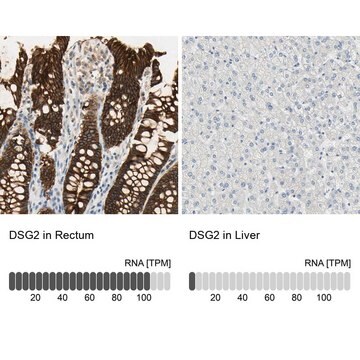
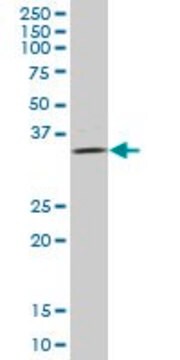

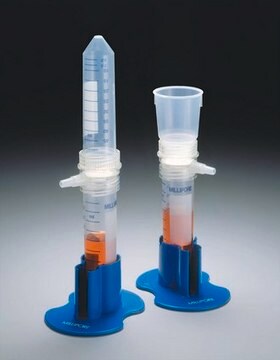

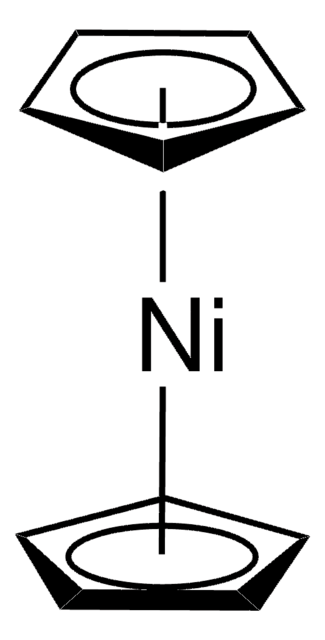
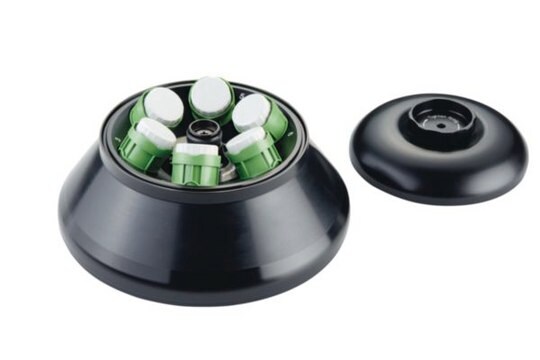
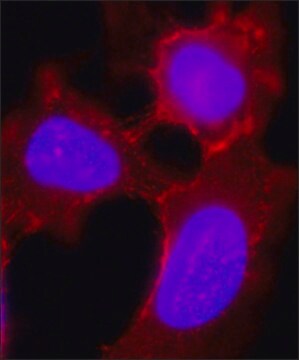
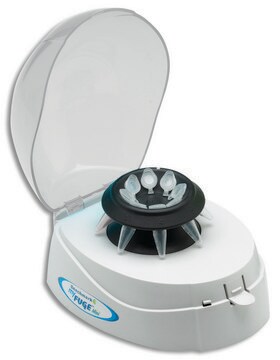
![(R)-1-[(SP)-2-(Dicyclohexylphosphino)ferrocenyl]ethyldi-tert-butylphosphine ≥97%](/deepweb/assets/sigmaaldrich/product/structures/809/974/e027b628-7c2e-4bde-be7e-f9298d0c8b04/640/e027b628-7c2e-4bde-be7e-f9298d0c8b04.png)